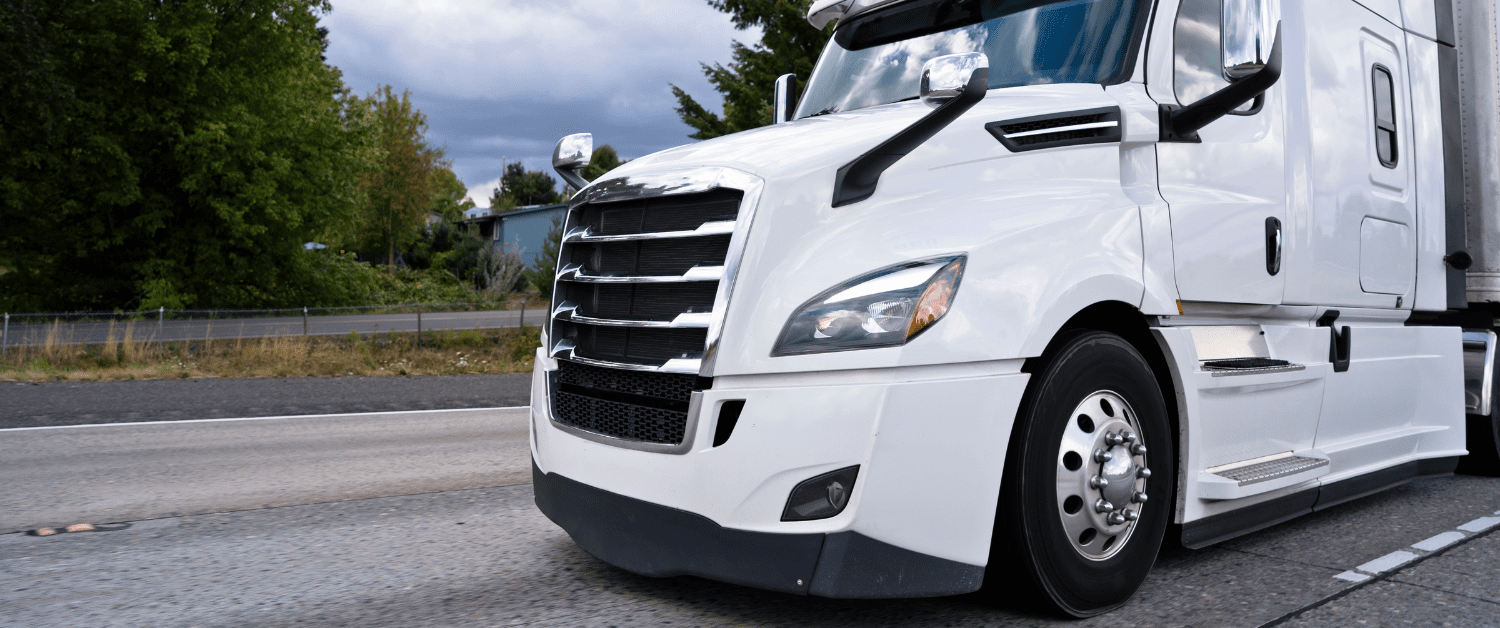1. Which of the following statements about backing a commercial vehicle to a dock is NOT true?
2. Which of the following should you NOT do?
4. “Over-the-counter” medication used to treat the common cold
5. When traveling down a long downgrade, you should always
6. How many missing or broken leaves in a leaf spring will cause your vehicle to be placed out-of-service?
7. Why do hazardous materials regulations exist?
8. Drinking alcohol can affect your
9. The Driver’s Manual says you should use your horn
10. Placarding, the use of hazardous material placards and labels, is an example of
11. When you are driving through construction zones, you should
12. According to the Commercial Driver’s manual, why should you limit the use of your vehicle’s horn?
13. Shifting gears properly is important because
14. Which of the following happens when a tire blows at highway speed?
15. Which of the following conditions may produce a skid?
16. Convex (curved) mirrors will
17. Which of the following is true?
18. While driving you are looking ahead of your vehicle. How should you be looking?
19. Which of the following is true about rear drive wheel braking skids?
20. Before entering a curve, you should
21. Which of the following is true about the use of reflective emergency triangles?
22. Which of the following statements about causes of vehicle fires is true?
23. The braking effect of the engine is greatest when
24. It you are being tailgated you should
25. When fighting a fire, which is most correct?
26. Controlled braking is used when
27. When you see a hazard in the road in front of you, you should
28. If you break down on a level, straight, four-lane, divided highway, where should you place the reflective warning triangles?
29. Bridge formulas are designed to
30. Which of the following statements is true?
31. Most serious skids are a result of
32. When driving in fog, you should
33. Which of the following is true concerning cold weather driving?
34. What three factors add up to the total stopping distance for a commercial vehicle?
36. If you drive through heavy rain or standing water your brakes may get wet. What can this cause when you apply the brakes?
37. When backing your vehicle, you should
38. Water will extinguish which of the following fires?
39. The proper way to load a vehicle is
40. Which of the following is a sign of drowsy driving
41. If a state or federal inspector judges that your vehicle is unsafe, they will put the vehicle out of service
42. You are driving on a straight and level roadway at 60 mph and suddenly a tire blows out on your vehicle. What should you do first?
43. When you are driving at night, you should
44. Can federal inspectors inspect your truck or bus?
45. Use of alcohol can cause serious driving errors, including
46. As alcohol begins to build up in the body, which of the following is affected first?
48. Your vehicle is 40 feet long and you are traveling at 50 mph. The safe following distance is
49. If you are aren’t sure that you have safe space to pass under an object, you should
50. What is the purpose of a pre-trip inspection?



